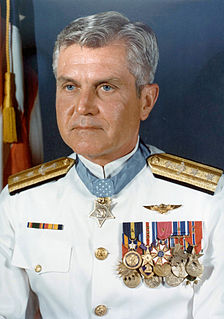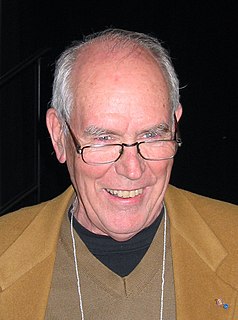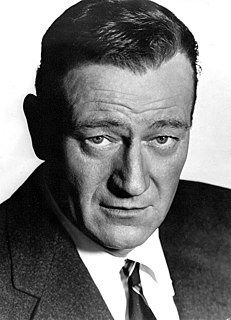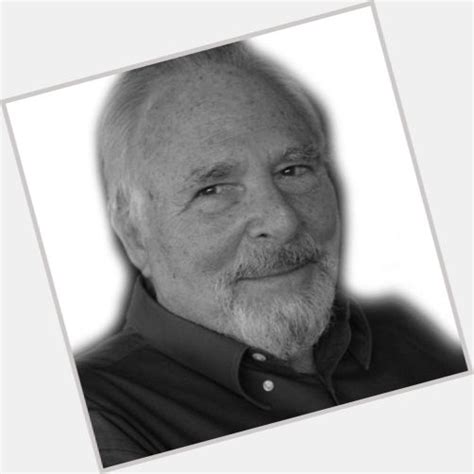A Quote by James Stockdale
Great leaders gain authority by giving it away.
Quote Topics
Related Quotes
Leadership is a choice. It's not a rank, it's a choice. I know many people who are at the top of their organization who have authority. We have to do what they say because they have authority over us. But they're not leaders. We wouldn't follow them. They may be at the top of the company but they're not leaders.
There is a great difference, then, between "power" and "authority." Power refers to one's ability to coerce others (through physical, economic, or other means) to do one's bidding. One can possess the means of power: physical strength, armaments, and money. But authority must be performed. Authority refers to one's ability to gain the trust and willing obedience of others. While power rests on intimidation, authority survives through inspiration.
Authenticity is about imperfection. And authenticity is a very human quality. To be authentic is to be at peace with your imperfections. The great leaders are not the strongest, they are the ones who are honest about their weaknesses. The great leaders are not the smartest; they are the ones who admit how much they don't know. The great leaders can't do everything; they are the ones who look to others to help them. Great leaders don't see themselves as great; they see themselves as human.
I believe in white supremacy, until the blacks are educated to a point of responsibility. I don't believe giving authority and positions of leadership and judgment to irresponsible people ... I don't feel we did wrong in taking this great country away from [the Native Americans] ... Our so-called stealing of this country from them was just a matter of survival. There were great numbers of people who needed new land, and the Indians were selfishly trying to keep it for themselves.
In a culture of technique, we often confuse authority with power, but the two are not the same. Power works from the outside in, but authority works from the inside out. . . . I am painfully aware of the times in my own teaching when I lose touch with my inner teacher and therefore with my own authority. In those times I try to gain power by barricading myself behind the podium and my status while wielding the threat of grades. . . . Authority comes as I reclaim my identity and integrity, remembering my selfhood and my sense of vocation.
You are good when you strive to give of yourself. Yet you are not evil when you seek gain for yourself. For when you strive for gain you are but a root that clings to the earth and sucks at her breast. Surely the fruit cannot say to the root, 'Be like me, ripe and full and ever giving of your abundance.' For to the fruit giving is a need as receiving is a need to the root.
...[sacred] doctrine is especially based upon arguments from authority, inasmuch as its principles are obtained by revelation: thus we ought to believe on the authority of those to whom the revelation has been made. Nor does this take away from the dignity of this doctrine, for although the argument from authority based on human reason is the weakest, yet the argument from authority based on divine revelation is the strongest.



































